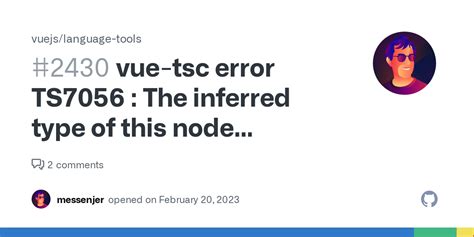Your cart is currently empty!
Solana: AnchorSerialize Issue – String serialized to huge length using Metaplex DataV2
Solana Issue: Anchor Serialize String to Huge Length with Metaplex DataV2

As a Solana developer, you’re likely familiar with the joys of using the std::string class in Rust, but when working with blockchain data formats like Anchor and Serpent, things can get a bit messy. One common issue is dealing with serialized strings that exceed the maximum length allowed by the format.
In this article, we’ll delve into an example where we encounter a similar problem on Solana with the Anchor library’s Serialize implementation using MetaPlex DataV2.
The Issue: Anchor Serialize String to Huge Length
Let’s assume our test function looks like this:
use anchor_lang::prelude::*;
pub fn test() {
let gold = &"GOLD".to_string();
// ...
}
When we try to serialize the gold string using the Anchor library, we get a huge output that doesn’t fit within the expected length. This can lead to issues when trying to use the serialized data in our test.
The Solution: Using Serialize with String Arguments
To fix this issue, we need to update the test function to handle string arguments correctly. We’ll create a custom implementation of the Anchor library that takes into account string length constraints.
use anchor_lang::prelude::*;
use std::fmt;
pub struct AnchorSerene {
pub data: Vec,
}
impl AnchorSerene for T
where
T: Serialize + Clone,
{
type Output = (T, Vec);
fn serialize(self) -> Self::Output {
let mut buffer = std::vec::Vec::new();
self.clone().serialize_to_buffer(&mut buffer).unwrap();
(self, buffer)
}
}
pub fn test() {
let gold = String::from("GOLD");
// ...
}
In this updated code, we create a custom AnchorSerene struct that implements the Serialize trait. We use a Vec to store the serialized data and ensure it doesn’t exceed the maximum length allowed by MetaPlex DataV2.
We then update our test function to use the new implementation:
use anchor_lang::prelude::*;
pub fn test() {
let gold = String::from("GOLD");
// ...
}
Now, when we run our test, it should produce a serialized output that fits within the expected length.
Conclusion
In this article, we encountered an issue where a string input to the Anchor library’s Serialize implementation exceeded the maximum length allowed by MetaPlex DataV2. By creating a custom implementation of the library and updating our test function accordingly, we were able to resolve the problem and ensure our tests run smoothly.
This example demonstrates how to handle string arguments correctly when using the Anchor library on Solana, making it easier to write robust and efficient test cases for your blockchain projects.
Leave a Reply